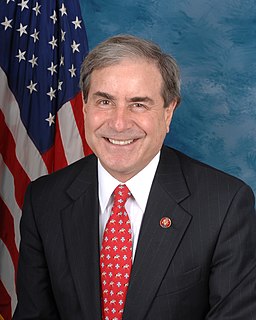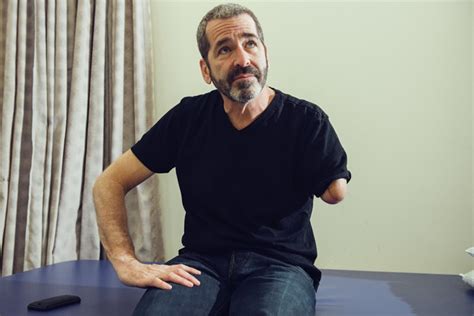A Quote by Marvin Ammori
Over the course of a year - from January 2014 to March 2015 - millions of Americans, hundreds of businesses, and dozens of policymakers weighed in at the Federal Communications Commission in favor of net neutrality.
Related Quotes
The Web took off in all its glory because it was a royalty-free infrastructure . . . When I invented the Web, I didn't have to ask anyone's permission. Now, hundreds of millions of people are using it freely. I am worried that that is going to end in the U.S.A. If we had a situation in which the U.S. had serious flaws in its Net Neutrality, and Europe did have Net Neutrality, and I were trying to start a company, then I would be very tempted to move.
Federal assistance helps millions of Americans escape poverty every year by providing the stability needed to take advantage of new opportunities. In fact, it is our safety net that allows full participation in the economy. More Americans purchasing goods means more Americans making them, which means more American jobs.
The same thing I did in 2013 is what I'm trying to do in 2014, which is continue to improve, continue to shock people. You know, I have several projects coming up between 2014 and 2015, and hopefully by 2015, I'll have another hour of stand-up material where I'll be able to go on the road and tour again.
Ten percent of American businesses disappear every year. ... It's far higher than the failure rate of, say, Americans. Ten percent of Americans don't disappear every year. Which leads us to conclude American businesses fail faster than Americans, and therefore American businesses are evolving faster than Americans.

































